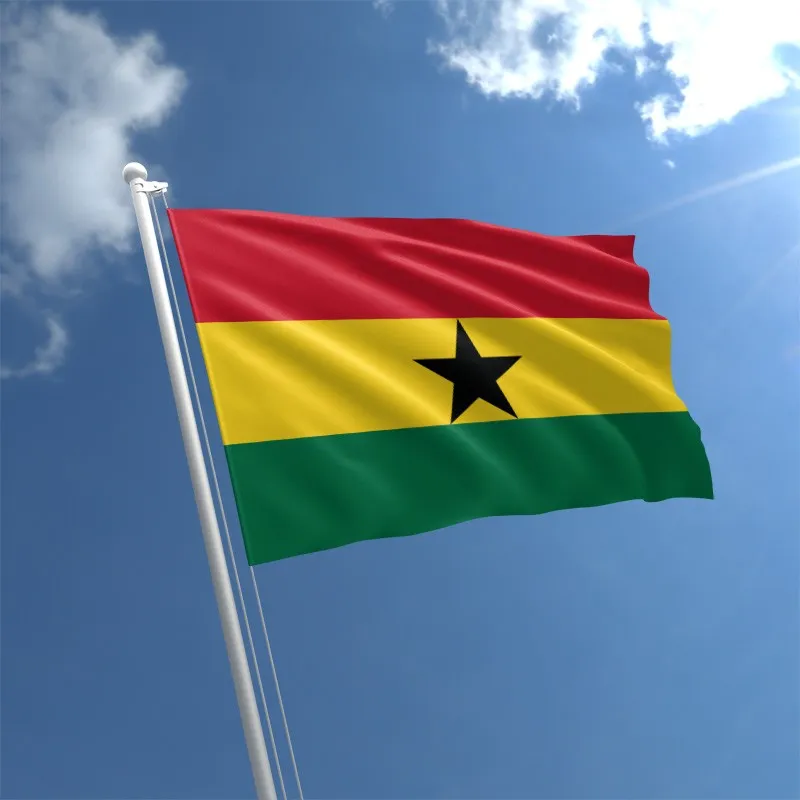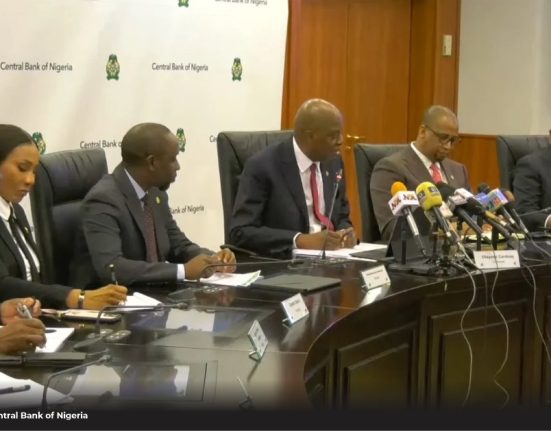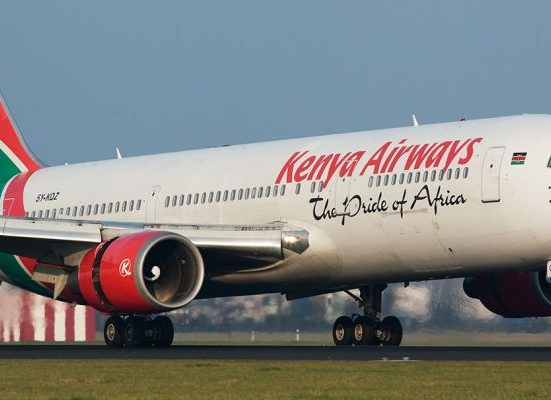Washington, Tehran, Tel Aviv, June 2025
The world was jolted awake this morning as the United States carried out a military strike on Iranian nuclear facilities, prompting swift reactions across global capitals. From urgent diplomatic warnings to public praise, the fallout is already reshaping international conversations.
In Tehran, panic and disbelief spread among citizens. Air raid sirens sounded across the city. Families gathered around televisions and phones, trying to understand what had just happened. Iran’s Foreign Minister, Abbas Araghchi, described the attack as “outrageous” and a violation of international norms.
“The events this morning will have everlasting consequences,” Araghchi warned. “Iran reserves all options to defend its sovereignty, interest and people.”
At the United Nations, Secretary General Antonio Guterres expressed deep alarm, calling the use of force by the US “a dangerous escalation in a region already on the edge.”
Reactions from world leaders reflect a growing divide over the decision.
Support and Discomfort Among Allies
While some US allies defended the strike, others urged restraint. UK Prime Minister Keir Starmer said Iran’s nuclear program is “a grave threat to international security,” adding that “the US has taken action to alleviate that threat.”
Israel’s Prime Minister Benjamin Netanyahu openly praised the US, calling the attack “bold” and congratulating President Trump.
“Your decision to target Iran’s nuclear facilities with the awesome and righteous might of the United States will change history,” Netanyahu said in a statement released in Hebrew and English.
Regional Anxiety Mounts
In the Middle East, responses carried undertones of fear and uncertainty.
Saudi Arabia expressed “deep concern” over the strike, while Turkey’s Foreign Ministry warned that the attack risked escalating the conflict to a global level. Turkish officials urged all parties to act responsibly and avoid further bloodshed.
Pakistan condemned the strike entirely, calling it a continuation of earlier attacks by Israel and a trigger for further instability.
Qatar and Hamas both released statements condemning the move. Hamas described the US action as a violation of international law and declared solidarity with Iran.
Push for Diplomacy
Germany’s Prime Minister Friedrich Merz called for Iran to immediately enter negotiations with the US and Israel. Italy echoed this, with Foreign Minister Antonio Tajani saying the region now needs de-escalation and renewed talks.
European Union leaders offered a united front urging diplomacy. EU foreign policy chief Kaja Kallas emphasized that Iran must not be allowed to develop a nuclear weapon but insisted that peace talks must resume. EU Commission President Ursula von der Leyen added, “The negotiating table is the only place to end this crisis.”
Japan’s Prime Minister Shigeru Ishiba also called for a swift de-escalation, noting that his government is closely monitoring the situation with concern.
Caution from the East
China, through its state-run broadcaster CGTN, warned against military adventurism. “History has repeatedly shown that interventions in the Middle East lead to unintended consequences, prolonged conflicts and regional destabilisation.”
Australia’s government issued a carefully worded statement acknowledging Iran’s threat to global peace while also noting that “now is the time for peace.”
Mexico’s Foreign Ministry called for immediate diplomatic dialogue, warning that further violence could inflame the entire Middle East.
What Comes Next
The strike on Iran marks a critical turning point. Analysts fear it could trigger retaliatory attacks and entrench hostilities. Others see a narrow path forward if cooler heads prevail.
Tonight, as families in Tehran try to make sense of the chaos and global diplomats burn the midnight oil, one thing is clear: the path ahead is uncertain. And for now, the world waits.







